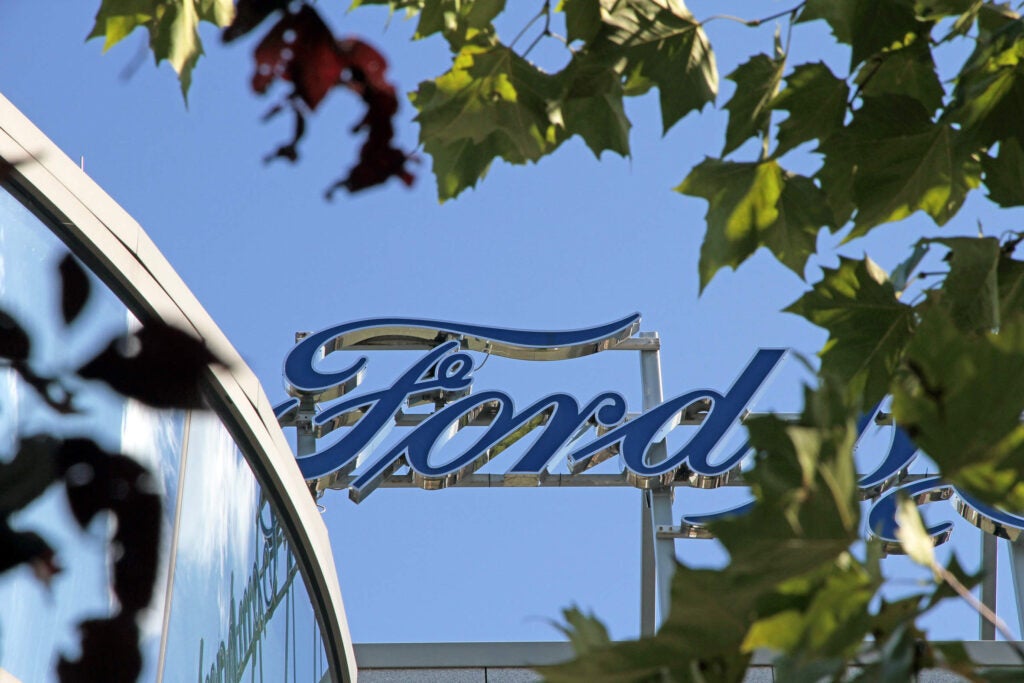The BVRLA has urged companies to review their fleet policies as a continued shortage of reliable data threatens to disrupt the move to a new VED and Company Car Tax (CCT) regime in April.
VED and CCT for newly registered vehicles will use CO2 figures based on the more accurate WLTP standard from 1 and 6 April 2020 respectively.
The BVRLA said many vehicle manufacturers are struggling to provide WLTP data for their cars with BVRLA members currently only have accurate CO2 electric mileage range for RDE2 compliance information for approximately 80% of base models.
The association also said with the average lead times for cars at around 9-12 weeks from ordering, this data gap is hindering the leasing sector’s ability to provide accurate quotes on different vehicles and their various configurations and options.
Chief executive of the BVRLA, Gerry Keaney, said: “The introduction of WLTP-based motoring taxes is adding yet another layer of complexity and confusion to a fleet sector that is already having to cope with a deluge of new automotive technology and local authority air quality measures.”
“The BVRLA and its members are working with OEMs and third-party data providers to bridge this gap, but in the meantime, we would recommend customers consult with their lease providers to assess the impact on their fleet policies and procurement,” he added.
How well do you really know your competitors?
Access the most comprehensive Company Profiles on the market, powered by GlobalData. Save hours of research. Gain competitive edge.

Thank you!
Your download email will arrive shortly
Not ready to buy yet? Download a free sample
We are confident about the unique quality of our Company Profiles. However, we want you to make the most beneficial decision for your business, so we offer a free sample that you can download by submitting the below form
By GlobalDataThe BVRLA said they have contacted the SMMT (Society of Motor Manufacturers and Traders) to offer its support in addressing the WLTP data shortage and is working with HMRC on its forthcoming WLTP communications plan.
In addition, Keaney recently urged the government to match its “bold” carbon reduction targets by unveiling a comprehensive EV support package in its forthcoming budget on 11 March.
On 4 February, Prime Minister Boris Johnson announced plans to bring forward the ban of new petrol, diesel, and hybrid car sales in the UK from 2040 to 2035 in order to achieve the government’s target of emitting zero-carbon by 2050.
Keaney said: “Budget 2020 is an opportunity to set the tone for a new decade in which the transition to decarbonised road transport will be won or lost.
“Fleets are being asked to invest billions of pounds in new electric vehicle technology and infrastructure, which comes at a hefty price-premium to its petrol and diesel alternatives.
“To achieve these goals the government must provide a clear support package through to at least 2025. It must preserve the plug-in car and van grants, maintain a strong set of tax incentives and tackle the huge and often arbitrary costs associated with fleet charging infrastructure.”






